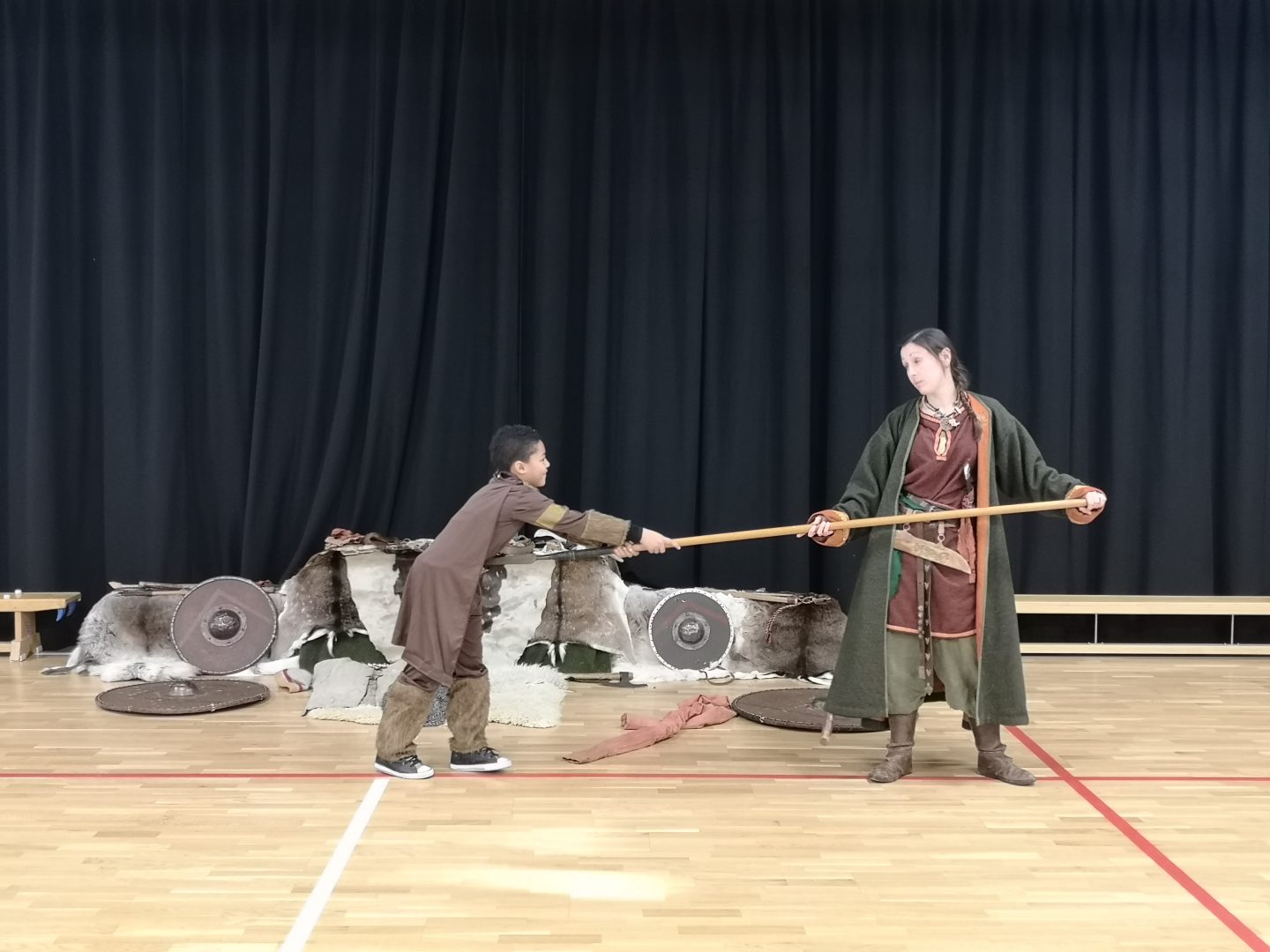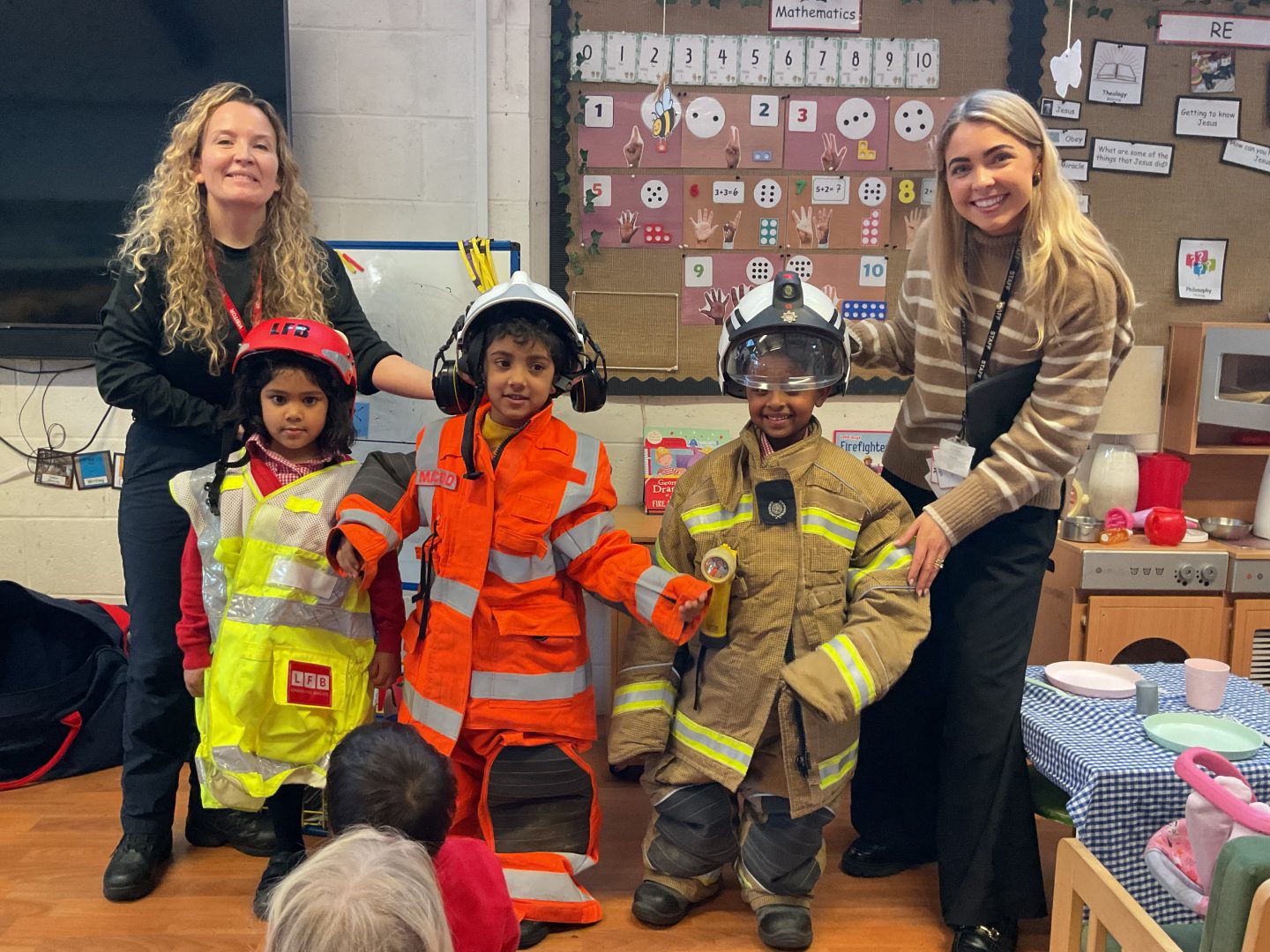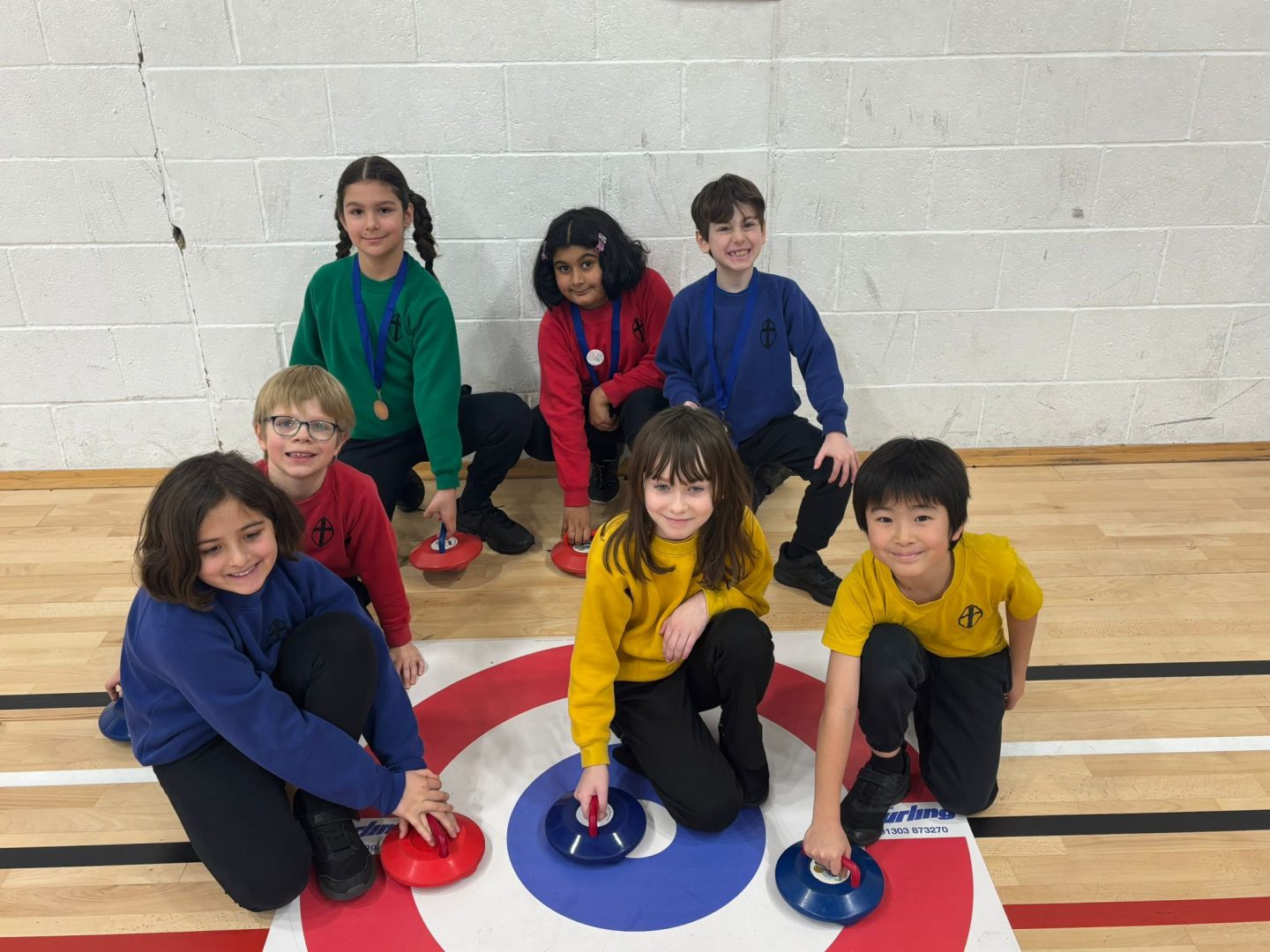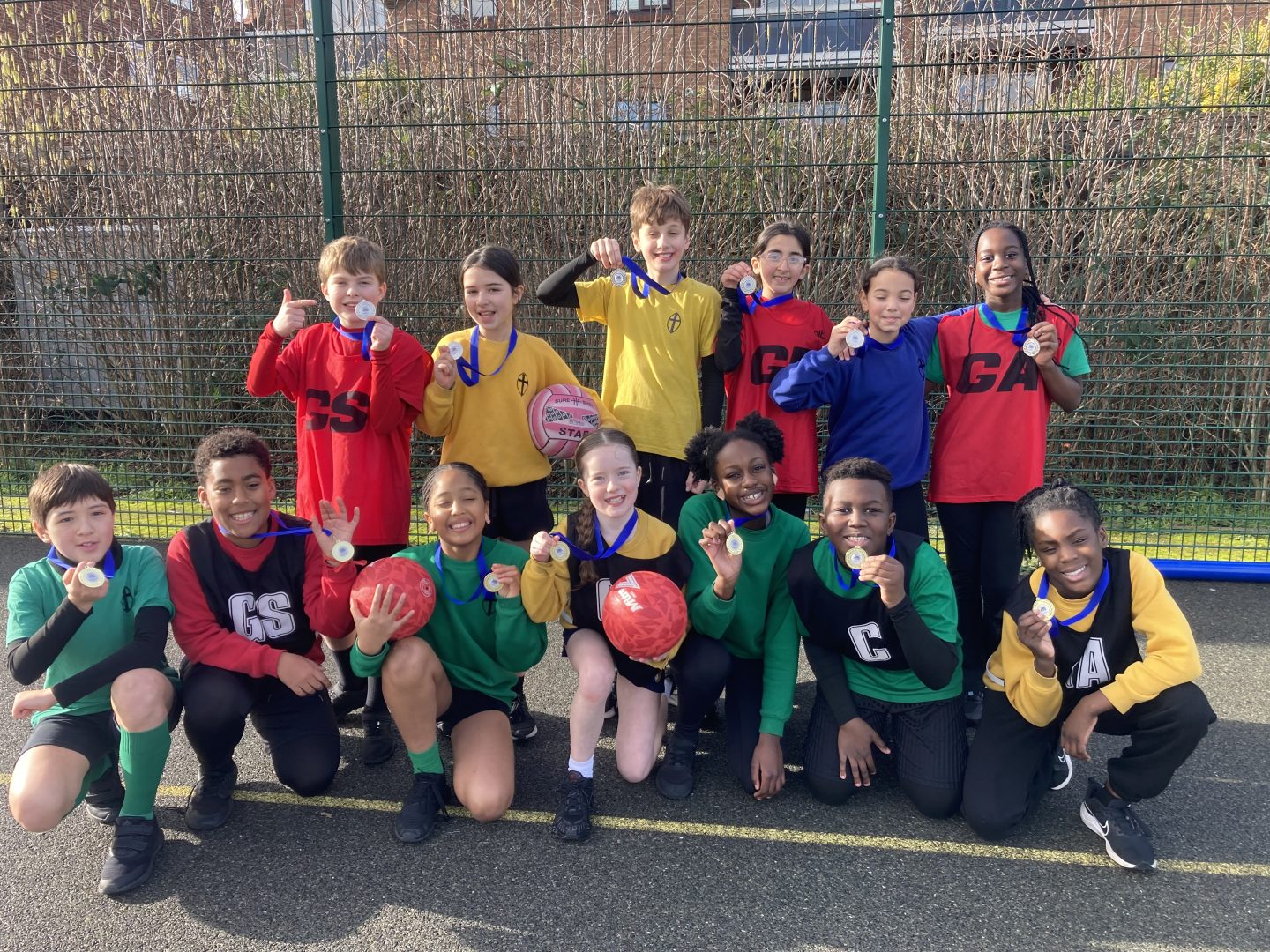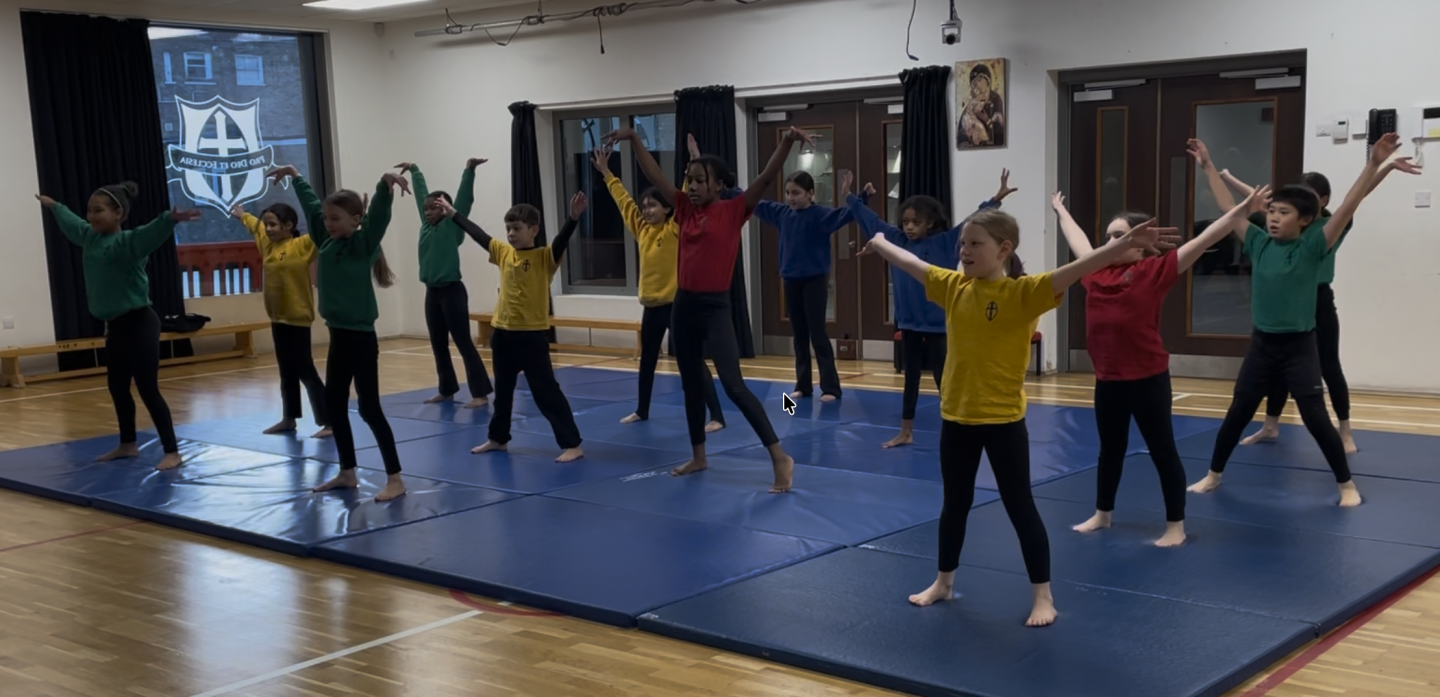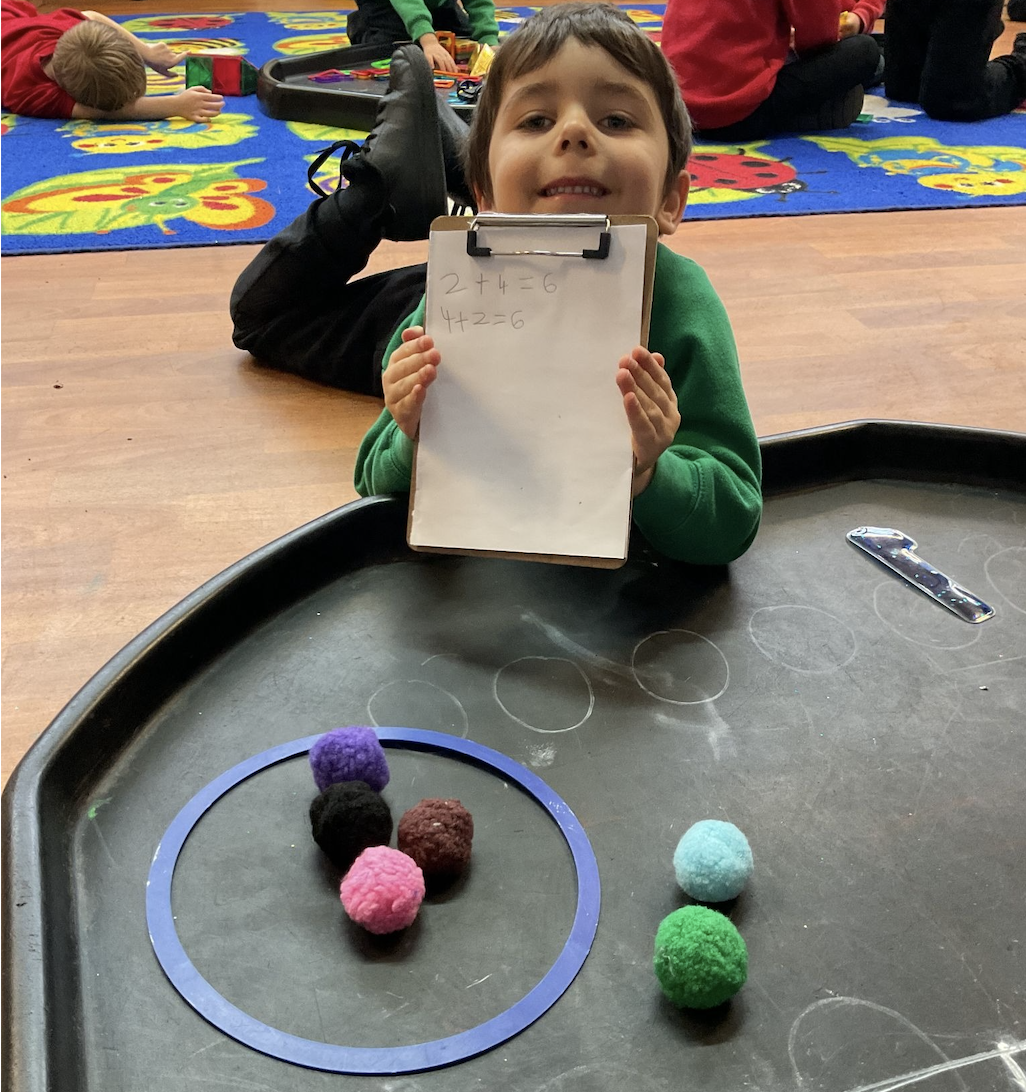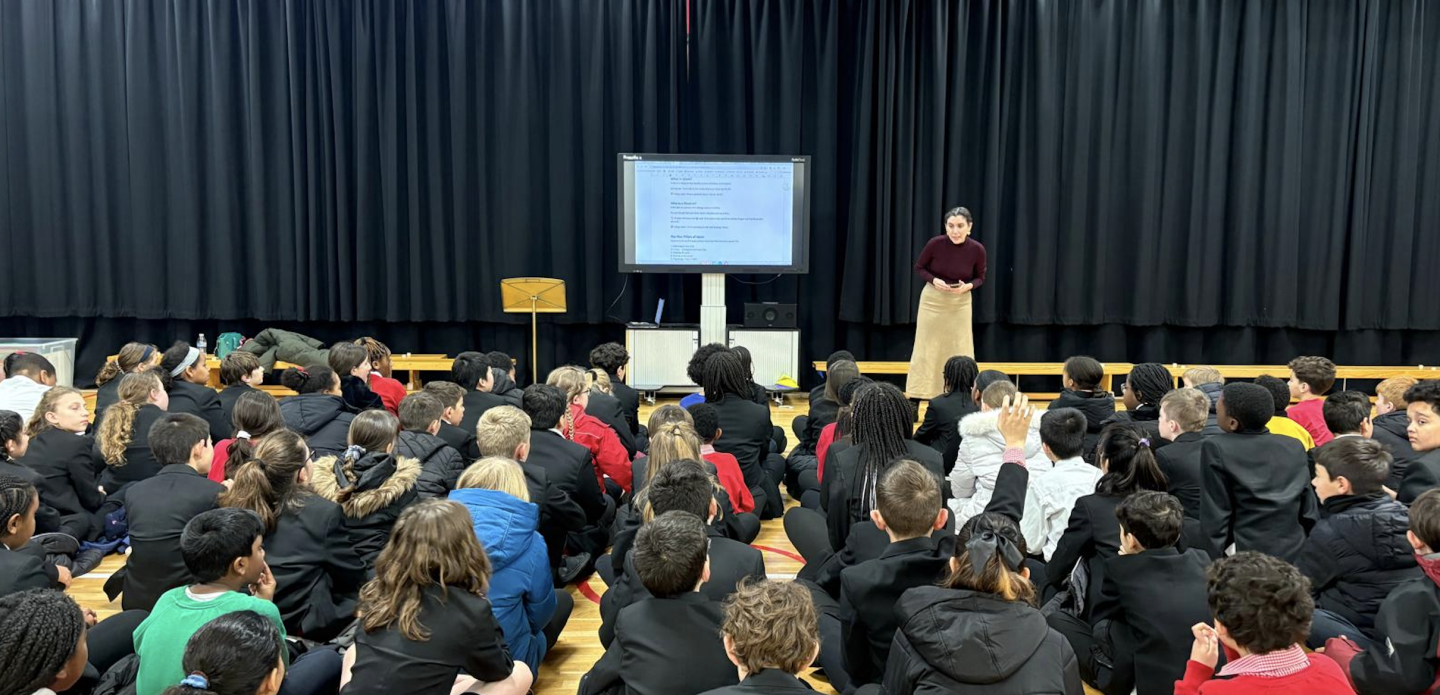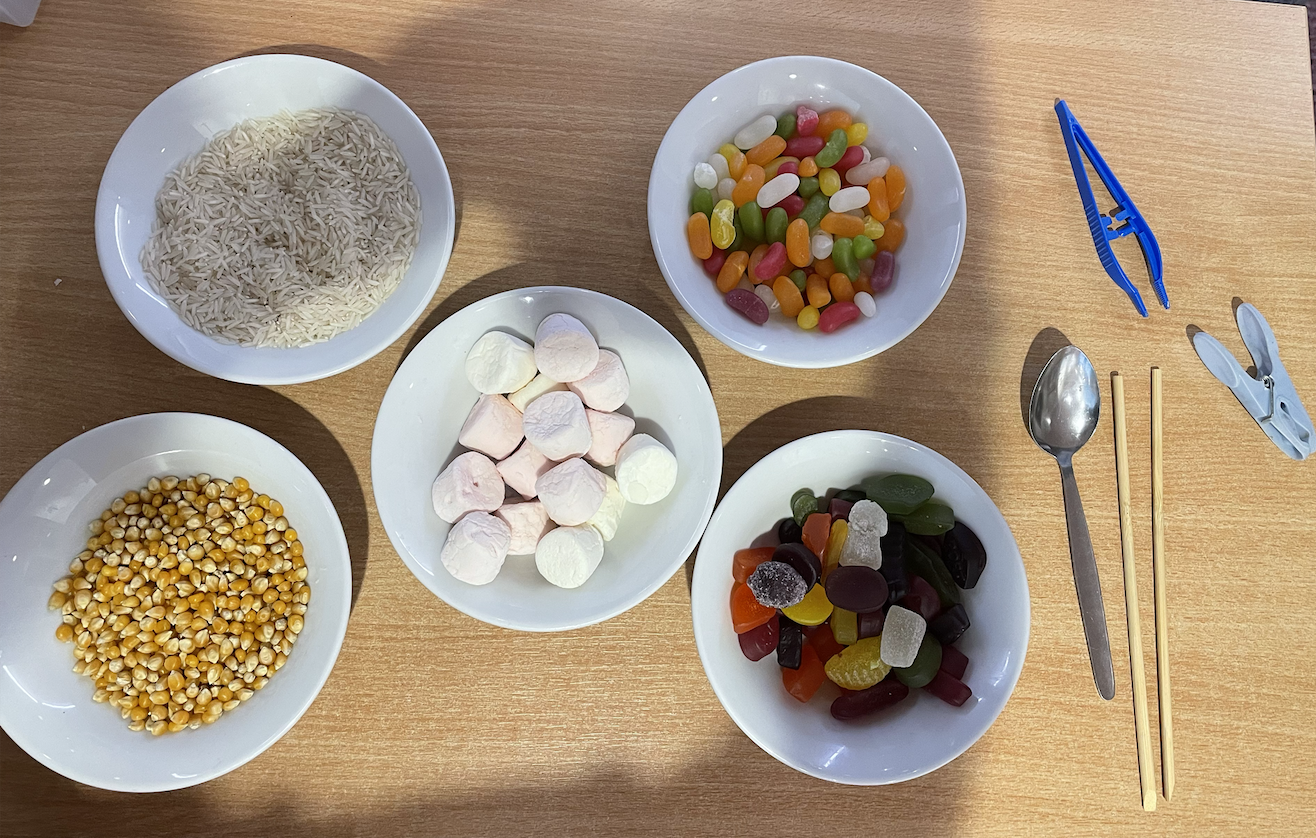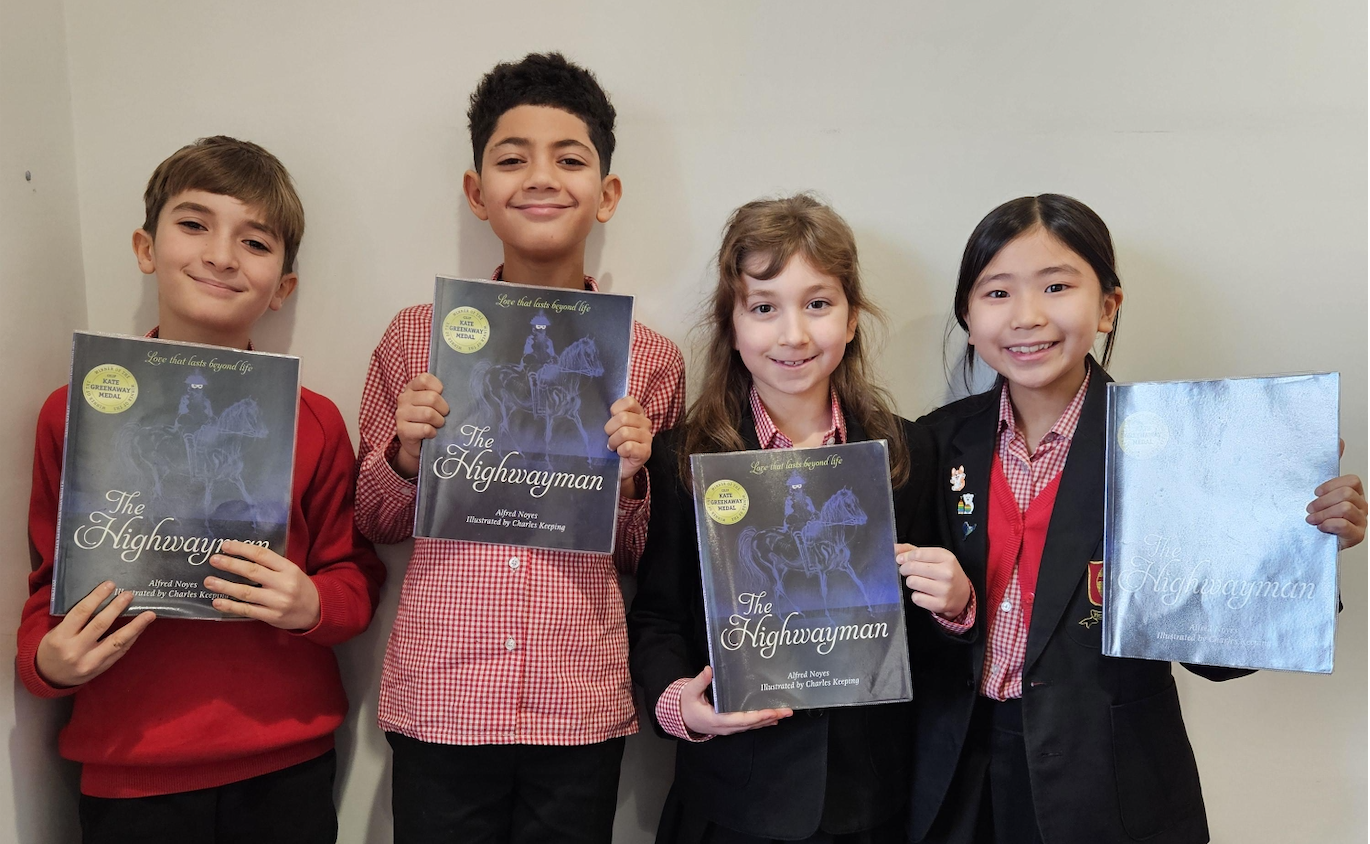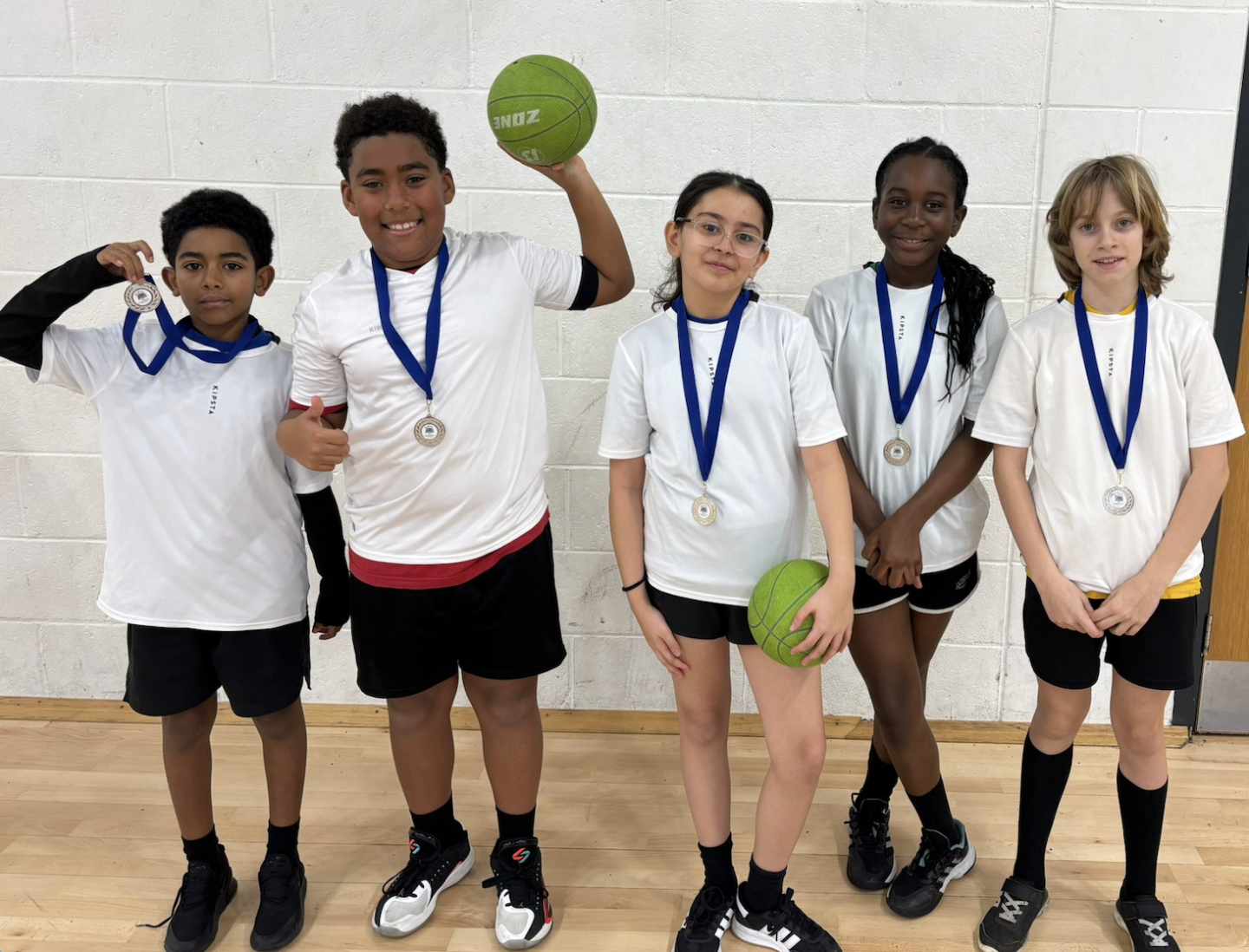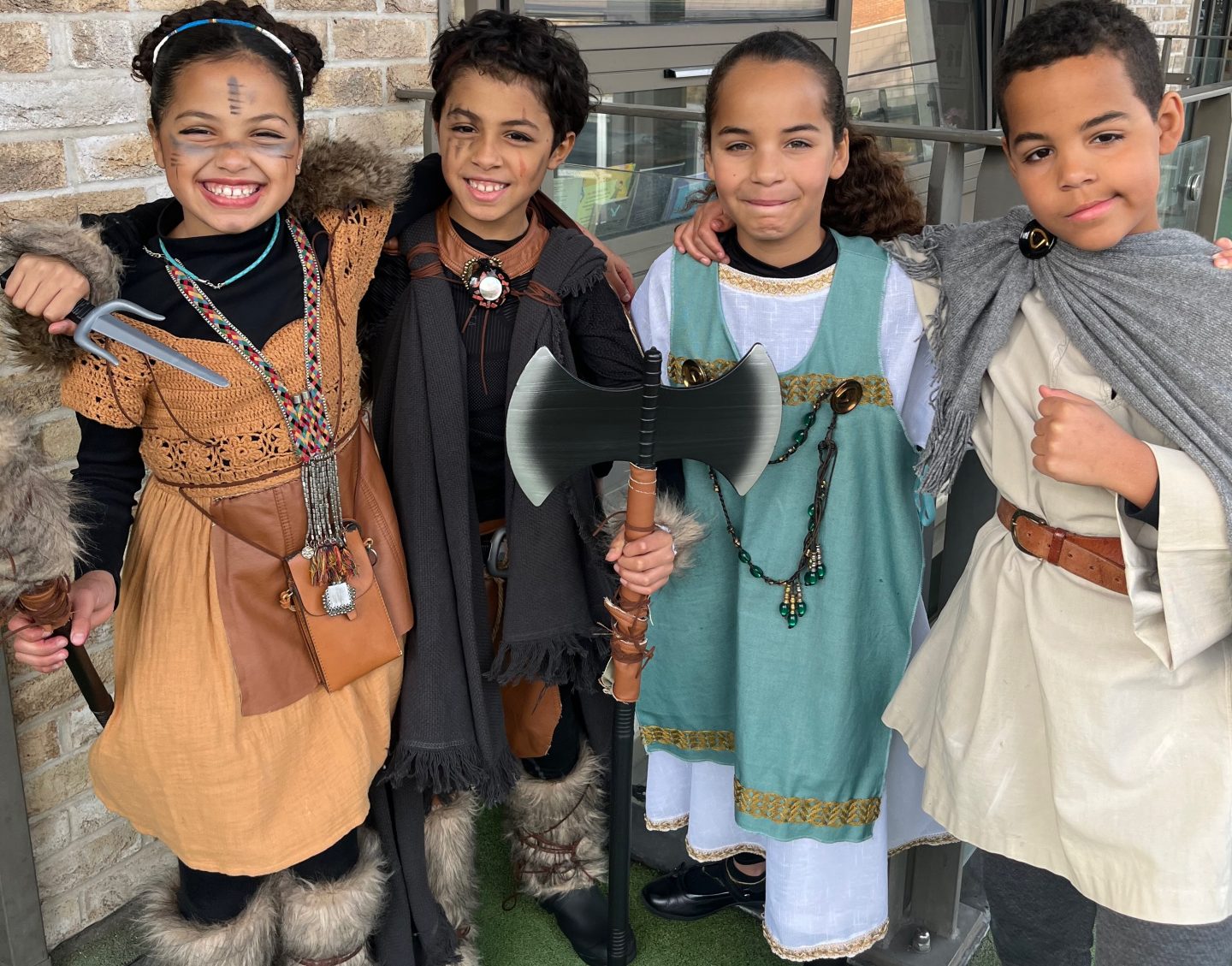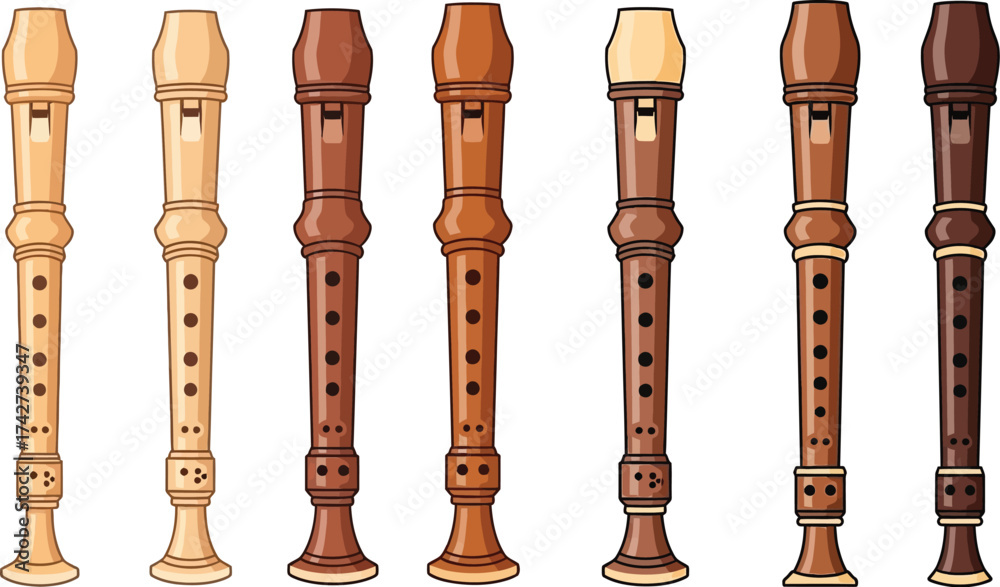EYFS Implementation
In the EYFS, storytelling and sequencing activities begin to build pupils’ understanding of narrative and pupils are encouraged to ask and answer questions about the world around them. Children talk about past and present events in their own lives and in the lives of family members. This lays a secure foundation for the development of historical skills in later key stages.
KS1 Implementation
At KS1, pupils study the more recent past, looking at the themes of Toys and Transport and how they have changed over time. Pupils also study local history, learning about the story of our school and the importance of Rosa Lewis and Rev. Joseph Hilliard who first founded and shaped our school. Significant people, events and places from the more distant past are also studied, including the Great Fire of London, Florence Nightingale. Mary Seacole and Remembrance Day. Pupils start to ask and answer questions about the past by looking at written sources, pictures and objects and explore similarities and differences between the present and the past.
KS2 Implementation
At KS2, pupils begin a chronological study of history, which sweeps them through thousands of years of history. From the building of Stonehenge in Prehistoric Britain, through the Egyptians, Romans, Greeks, Vikings and the Mayan Civilisation, pupils are taken on a journey of historical enquiry and investigation, ending at 1066 in Year 5. In Year 6, pupils sharpen their chronological knowledge and historical skills of enquiry and interpretation by studying more recent historical events. Pupils focus on local history through studying Ealing during the Second World War, and consider the significance of the arrival of the Empire Windrush as a turning point in British history.

Our teaching of history is enriched with visits to places of historical significance, both locally and further afield, including the local war memorial in KS1 and visits to the Petrie Museum in KS2. Opportunities such as the World War II workshops allow pupils to interact with artefacts and experience history first hand and special history days in school, such as Greek Day and Egyptian day, are hugely popular and foster curiosity and a love of history.

